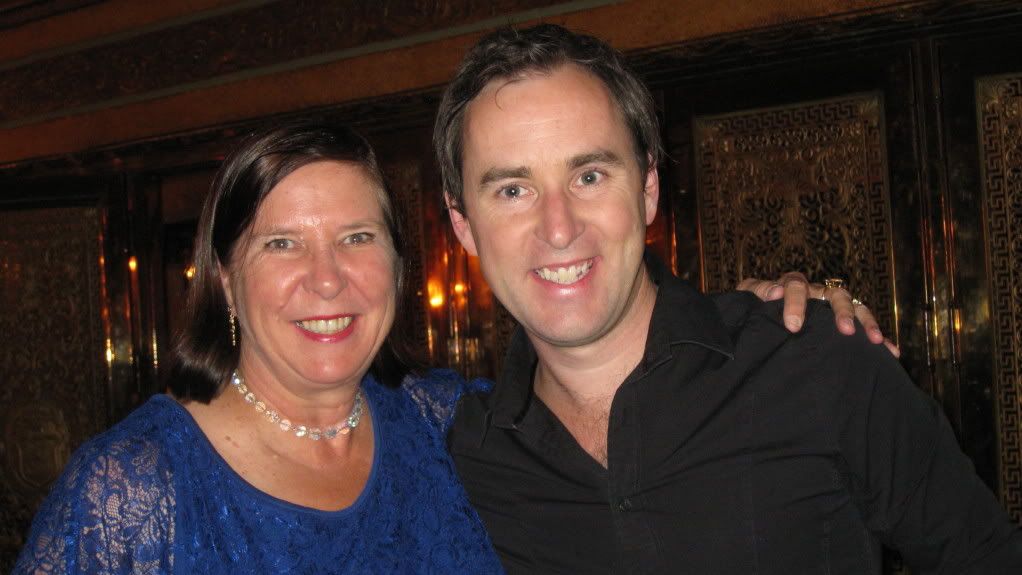"Rock renaissance music to industry’s ears" 13/4
Apr 13, 2007 8:34:10 GMT 10
Post by dededom on Apr 13, 2007 8:34:10 GMT 10
Rock renaissance is music to industry’s ears
Patrick Donovan
April 12, 2007

Homegrown talent the Veronicas perform in the US.
Photo: REUTERS
THE Australian music industry is defying global trends, with CD sales and digital downloads flourishing due to the rebirth of home-grown music.
Seven Australian artists featured in the top 10-selling CDs of 2006 - Wolfmother, Human Nature, Australian Idol winner Damien Leith, the Rogue Traders, Eskimo Joe, the 12th Man and the Veronicas.
The legal digital market continues to grow, with Australian music fans buying almost 21 million songs through digital services such as iTunes, a four-fold increase on 2005. CD sales increased almost 8 per cent to 50 million.
However, price cuts resulted in the value of the CD market falling by 5 per cent.
Digital music now accounts for 5.5 per cent of the market's value, up from 1.5 per cent last year.
Releasing the ARIA sales statistics for 2006 yesterday, chief executive Stephen Peach said the figures were positive. "But it would be good if we were all making more money," he said.
"Volumes are up, but we sold a hell of a lot more albums than in the year before to make less money, and that continues to be a cause of concern in the industry."
Mr Peach said Australia was the only country he was aware of the recorded an increase in the volume of music sales last year, which he attributed to demand for local releases, ringtones and the release of back catalogues online.
But while the local music industry is holding its own, the multinational labels continue to make cutbacks and slash staff numbers.
Global music sales fell about 2.5 per cent last year, and US music sales are down about 10 per cent so far this year.
But Mr Peach said that as long as record companies changed with the times - such as EMI's recent removal of antipiracy protection from its CDs - the industry would survive.
"In five to 10 years' time, I think we will still have a significant recorded music industry, but I think it will look very different from what it does now," he said.
"I think labels will have more integrated involvement with their artists that will see them investing in the development of the artists' careers - such as touring and merchandise - rather than just recordings, and in return will share in those revenues."







